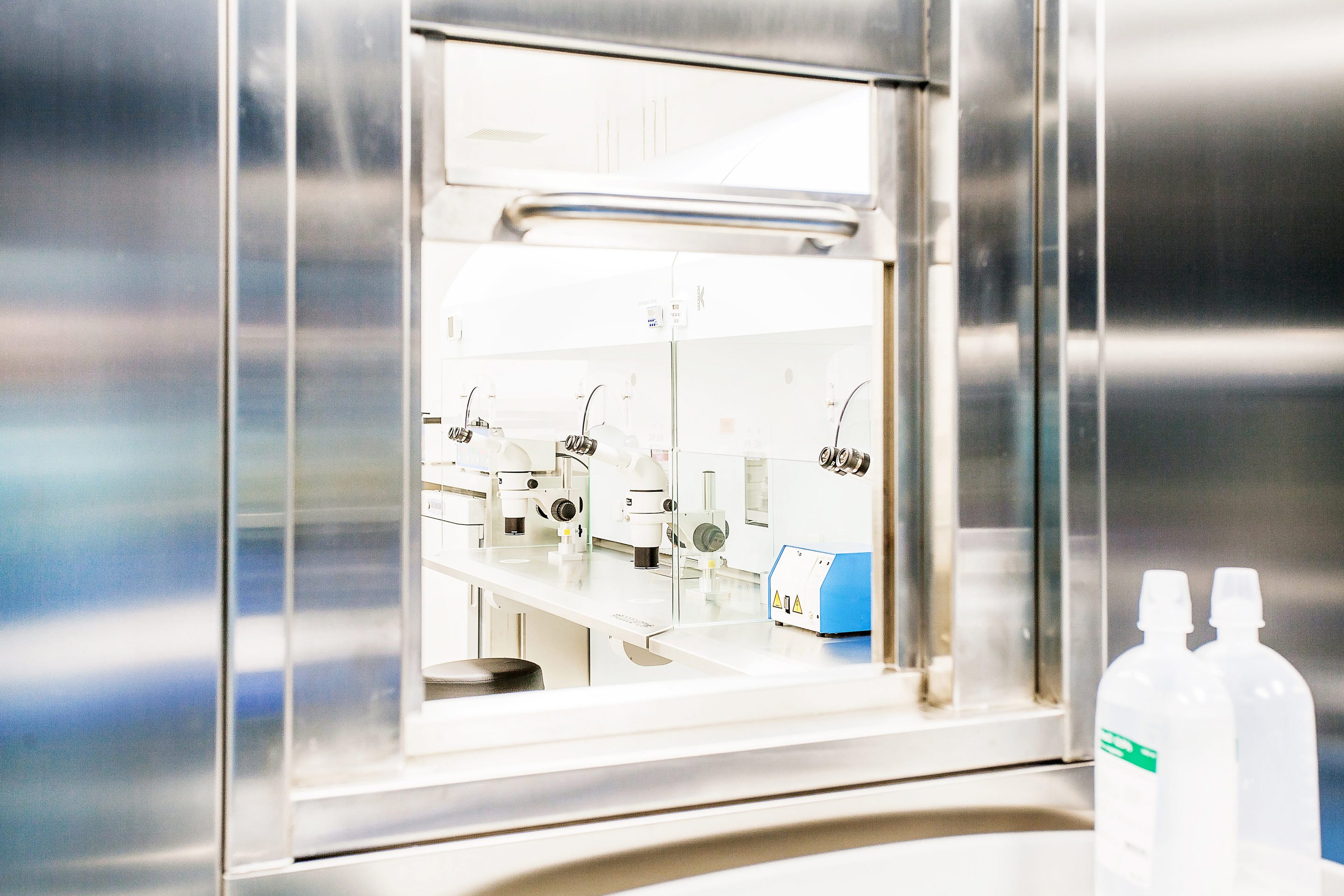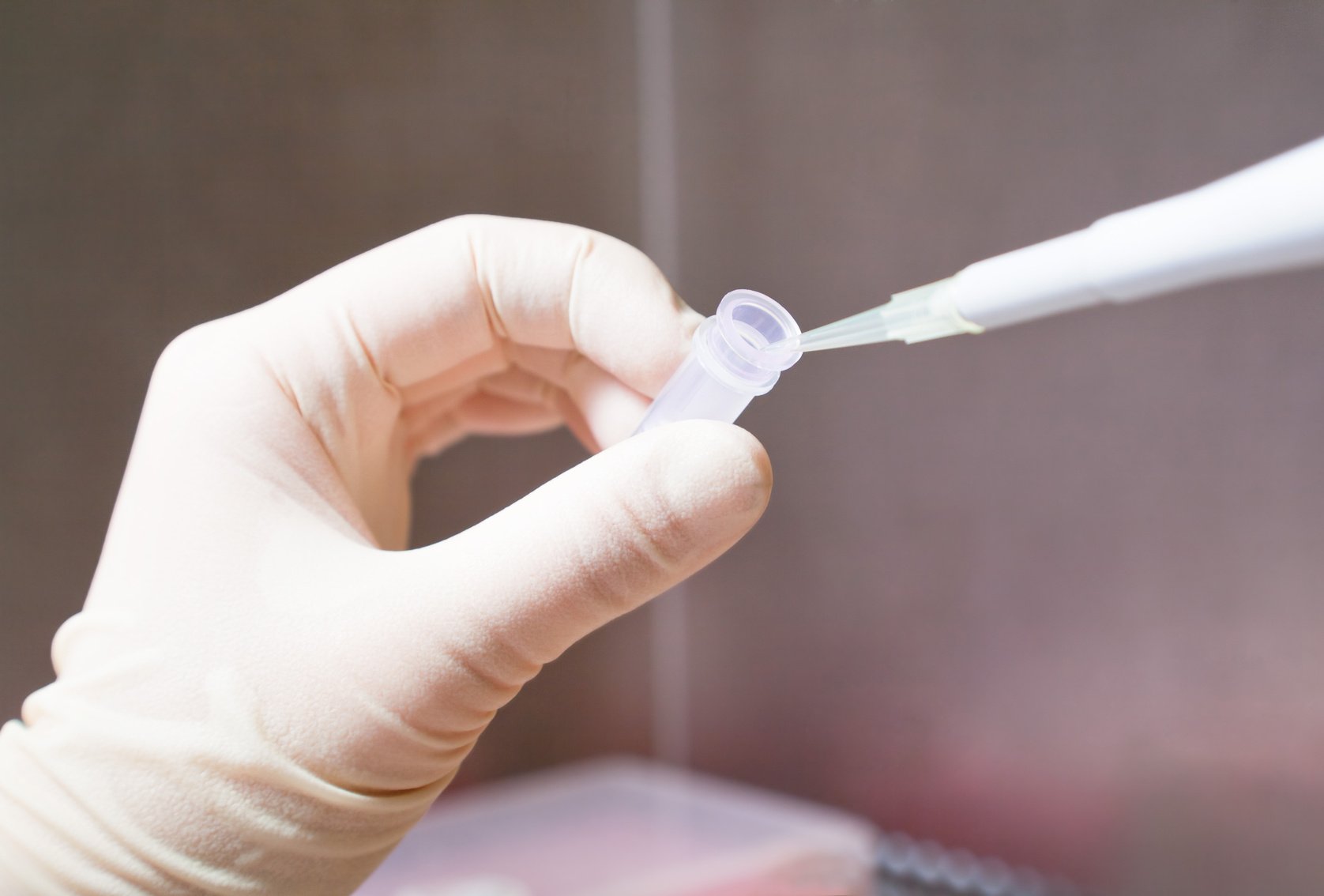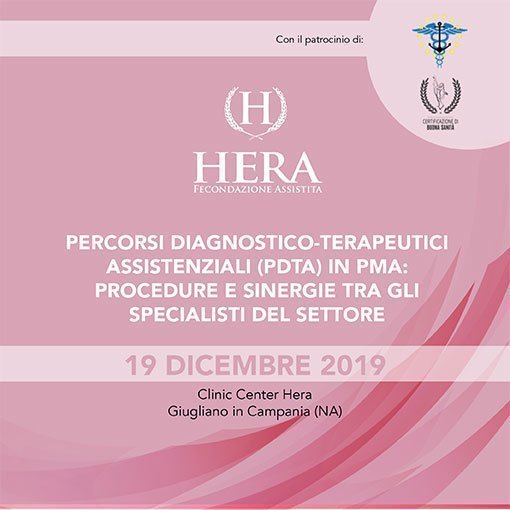Latest news
The Embryology and Reproductive Medicine Units at Instituto Bernabeu are leading research aimed at determining if a reasonable number of good quality blastocysts (embryos on days 5 to 6 or development prior to implantation) can be retrieved following culture and observation of oocytes that have not fertilised correctly. In in vitro fertilisation laboratories, around 20% of inseminated oocytes suffer fertilisation failure and 3% of oocytes fertilise abnormally.
Instituto Bernabeu has undertaken a research project that aims to analyse if using probiotics could improve pregnancy rates in assisted reproduction treatment. To this end, the clinic has performed a study involving a group of patients with a recurrent implantation failure (RIF) diagnosis, plus another group of patients with no such diagnosis.
Instituto Bernabeu has participated in a professional event for general health and reproductive medicine specialists. The clinic addressed the procedures it adheres to for egg and sperm donation, in addition to means of achieving improved results. The congress was entitled ‘Means of diagnostic and therapeutic healthcare in assisted reproduction procedures and synergies between specialists in the field.’ Instituto Bernabeu addressed the requirements for and access to heterologous artificial insemination through egg donation, sperm donation and embryo adoption.
Instituto Bernabeu uses next-generation sequencing to understand unknown causes of infertility
The genetics laboratory at Instituto Bernabeu is using next-generation sequencing to find out what is behind unknown causes of sterility. In 2020, Instituto Bernabeu will continue with work on the research into this subject that it started in 2018. Instituto Bernabeu points out that next-generation sequencing can be used to work out what causes sterility when other conventional clinical diagnoses techniques cannot.



